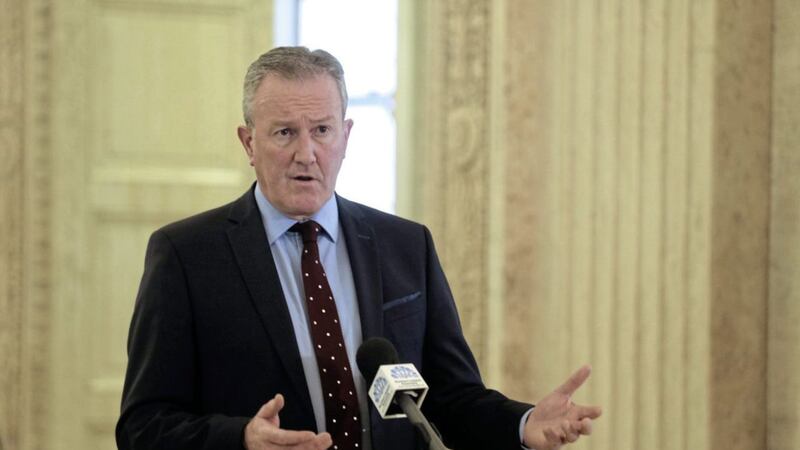IN March last year, Finance Minister Conor Murphy asked me to chair the Independent Fiscal Commission for Northern Ireland, established to examine the case for increasing the fiscal powers of the StormontAssembly.
I was delighted to travel to Belfast last week to launch our final report to a packed audience in Queen’s University. Our key finding? That there is a strong case for devolving certain tax powers to Northern Ireland, to balance the extensive spending powers that the Executive already has.
Our recommendations include the partial devolution of income tax and full devolution of stamp duty land tax, landfill tax, air passenger duty and the apprenticeship levy.
While precedent exists for most of these taxes, as work has been done to devolve equivalent powers elsewhere in the UK (apprenticeship levy aside), Northern Ireland’s unique context also means that other powers, previously ruled out for the other devolved governments, are also worth considering.
For example, Northern Ireland’s economic context and distinct geographical context, separate from GB and sharing a land border with the Republic, helped us to conclude that there would be value in seeking devolution of fuel, alcohol and tobacco duties but over the longer term.
We also recommend completing the devolution of corporation tax – something which will require close working and cooperation with the UK Government.
Any increased tax devolution will need to be accompanied by a new fiscal framework for Northern Ireland.
Fiscal frameworks outline how devolved powers operate between the UK Government and the devolved administrations and one it will need to be negotiated between the Executive and Westminster.
Our report proposes five key principles to underpin the implementation of any new fiscal framework. For example that the NI and UK budgets should not immediately gain or lose simply as a result of devolution.
And that the Northern Ireland budget should capture the full revenue impacts of its tax policy choices following devolution, whether that is to increase or decrease tax revenues.
Our principles will help guide how the NI block grant is adjusted to compensate the UK Government for any tax revenues devolved to Northern Ireland and how that should change over time.
A new fiscal framework will be essential to the balance of risk which the Executive will be exposed to. But it will also set out how it can manage some of that risk through new budgetary tools, such as increased borrowing facilities to offset temporary falls in tax revenues, or the ability to save into an 'NI Reserve', when tax revenues are better than expected.
Devolving additional powers can bring rewards. These include increasing the accountability of the Executive to Northern Ireland citizens and providing additional tools to boost the economy, raise or reduce taxes for local people and change behaviours.
Crucially, it also comes with risks. If revenues grow more slowly than in the rest of the UK then Northern Ireland could lose out. And it is possible to make policy mistakes.
Northern Ireland is only at the beginning of a potential fiscal devolution journey, but, if the will exists, the constituent parts could be put in place to realise significant increased fiscal devolution by 2027/28, as per our framework and the 23 recommendations in our report.
Ultimately, whether this happens or not remains a choice for NI and UK politicians, but, in our view, tax devolution could be an important step towards a more accountable devolved government for the people of Northern Ireland.
:: Paul Johnson is chair of the Independent Fiscal Commission for NI








